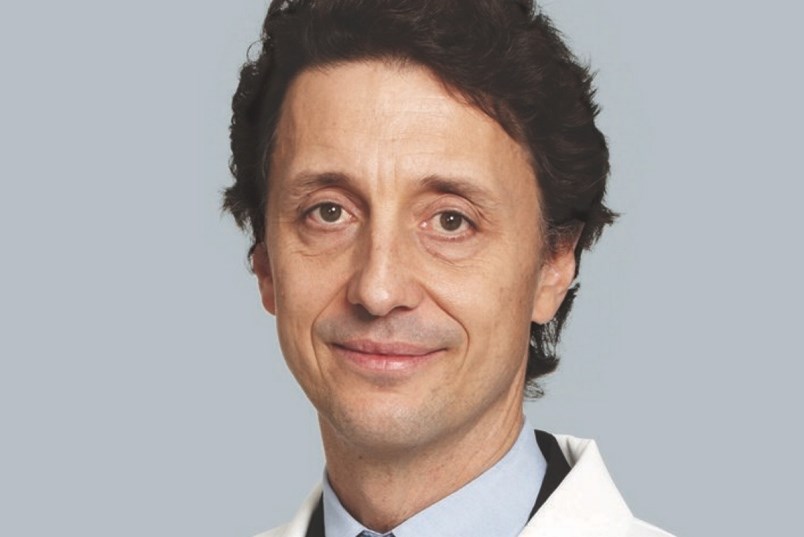Dear Dr. Roach: I have a bad case of erectile dysfunction. I am 80 years old and otherwise in good health. I have received an ad in the mail that says it is not a lack of testosterone, but rather too much estrogen in the body. They make a lot of promises, but it scares me to reduce estrogen without further knowledge. What do you know? How can I overcome this problem and enjoy sex again?
Anon.
The effect of estrogen on male sexual function is controversial. While it is true that men with erectile dysfunction are more likely to have high estrogen levels, reducing estrogen with medications (antiestrogens) in men with erectile dysfunction is seldom used as a treatment. The most common drugs, such as sildenafil (Viagra), work mostly on blood vessels but also have effects on raising both testosterone levels and estrogen levels in men.
The vast majority of men with erectile dysfunction, even in their 80s, enjoy success with Viagra and similar drugs. I check testosterone levels and consider testosterone replacement in older men with erectile dysfunction. Antiestrogens are used in men with low libido and low testosterone, often together with testosterone, especially when fertility is a concern — testosterone can dramatically reduce sperm counts, and antiestrogens raise testosterone levels with less effect on sperm count. I would not prescribe an antiestrogen, but would refer a man with poor response to Viagra-type drugs and testosterone to an expert on male sexual function.
Dear Dr. Roach: At 82 years old, for the past four or five years, I have been experiencing knee pain when I climb stairs. I have no other issues with my knees. What is your opinion regarding mesenchymal cell injections? I have been overweight all my life. Currently I’m about 25 pounds overweight.
C.V.G.
Mesenchymal cells are a type of stem cell, which under different conditions can develop into other types of cells. In theory, when injected in the knee, they can act to repair cartilage damage associated with osteoarthritis, the most common (but by no means the only) cause of chronic knee pain in an older adult.
There is not enough evidence to support the use of stem cell injection for knee arthritis. A recent trial following three individuals for five years after injection showed improvement at six months, then a steady deterioration, but still improved compared with pretreatment. Much larger trials are necessary before I could recommend this treatment. It is still considered experimental and you would have to pay out of pocket, outside a clinical trial.
Although it’s not easy, losing only a few pounds can certainly improve symptoms, without any other treatment.
Dr. Roach regrets that he is unable to answer individual letters, but will incorporate them in the column whenever possible. Readers may email questions to [email protected]



